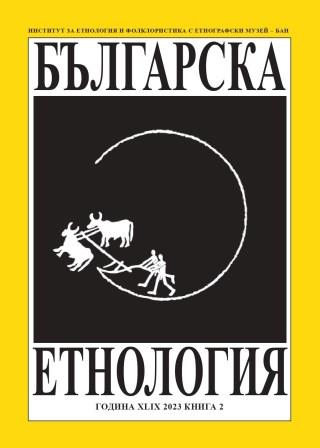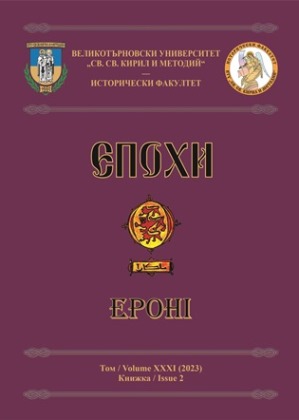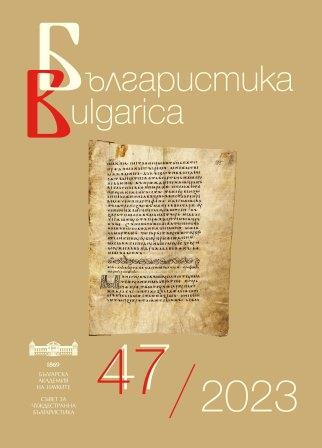
We kindly inform you that, as long as the subject affiliation of our 300.000+ articles is in progress, you might get unsufficient or no results on your third level or second level search. In this case, please broaden your search criteria.


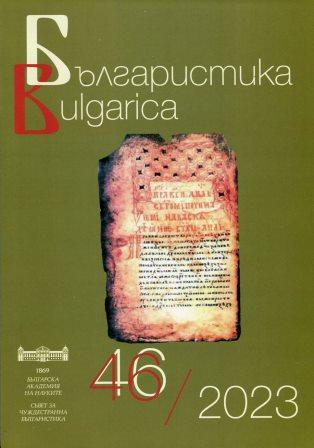





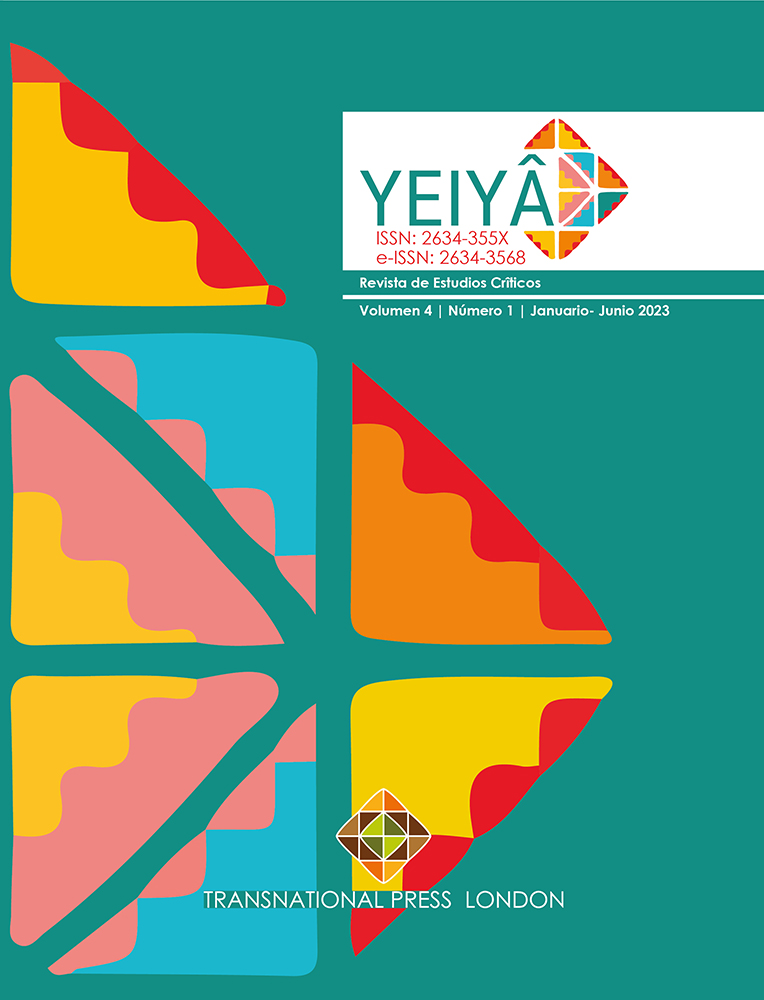
El deporte globalizado constituye hoy un verdadero imperio planetario. Se extiende de manera tentacular sobre vastos sectores de la economía parasitaria visibles o subterráneos del capitalismo financiero, el poder político y la aturdidora industria cultural. La cínica ideología de la competición de todos contra todos, se ha impuesto en casi todas las instituciones de la vida cotidiana difundida de manera continua a través de la incansable repetición de rivalidades miméticas entre deportistas o equipos en las redes mediáticas transnacionales. Esto sucedió gracias a los engaños de los cárteles propagandísticos (COI, FIFA, UEFA, etc.) apoyados por las principales multinacionales capitalistas (Coca-Cola, McDonald's, Visa, Toyota, Samsung, Adidas, etc.) y los aparatos de Estado de todos los países (en particular, el aparato represivo militar-policial). En cuerpos como en mentes, en universos sociales o paisajes naturales, el deporte competitivo de espectadores ha colonizado espacios, fagocitado temporalidades, canibalizado recursos, estandarizado emociones.
More...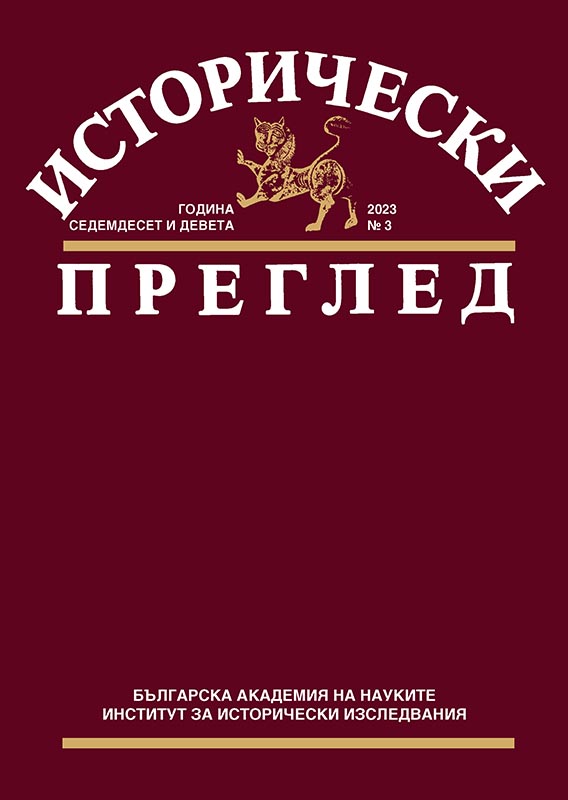
The article examines the activity of the Bulgarian Youth Union “Father Paisiy” (BMSOP), its goals and ideology, as well as its role and place in the political life of Bulgaria in the 1940s, based on documents of the union from the period 1942–1943 – a relatively calm and successful period of development of BMSOP. The selected sources reveal the attitude of the organization to the personality and work of Tsar Boris III and to the Jewish question (and disavowal of Metropolitan Stefan of Sofia). They contain rich information about the BMSOP’s idea of organizing and conducting national propaganda, as well as about the organization’s actions in infiltrating the existing organizational structures in the country, its work in schools.
More...
Neoliberalism influences are evident in the editorial practices of many high-ranking scholarly journals. Given the importance that journals have in tenured/tenured-track academics’ careers, they are an important arena to analyse and in which to implement best practices. I argue that Shari Stenberg’s (2015) concept of feminist repurposing can be used to make visible the impacts of neoliberal practices and also helps to disrupt them by enacting different alternatives in the university system, of which scholarly journals are a part. In order to illustrate what a feminist ethics of editing would look like, I analyse the feminist-inspired practices of Computers and Composition’s editorial staff. Drawing on published interviews and survey I administered, I show how feminist repurposing editorial roles from gatekeeper to colleague and mentor have beneficial impacts on the scholarship produced.
More...